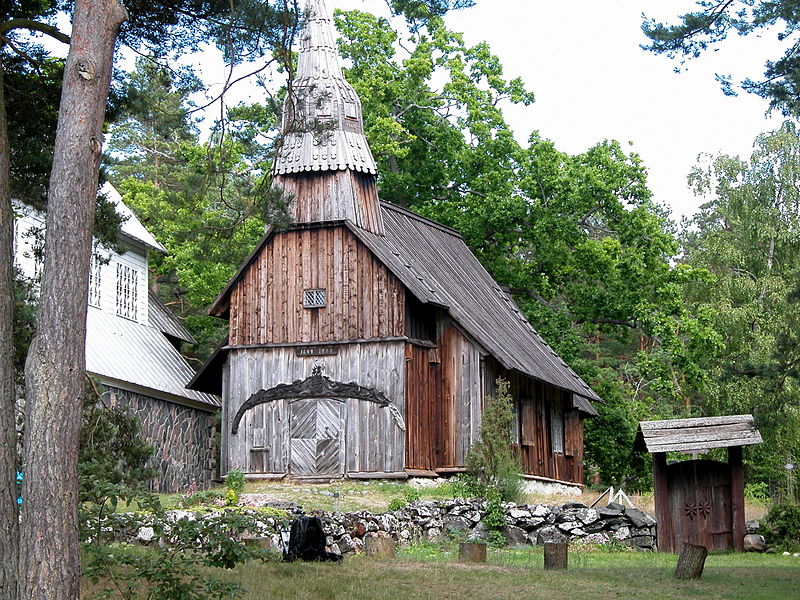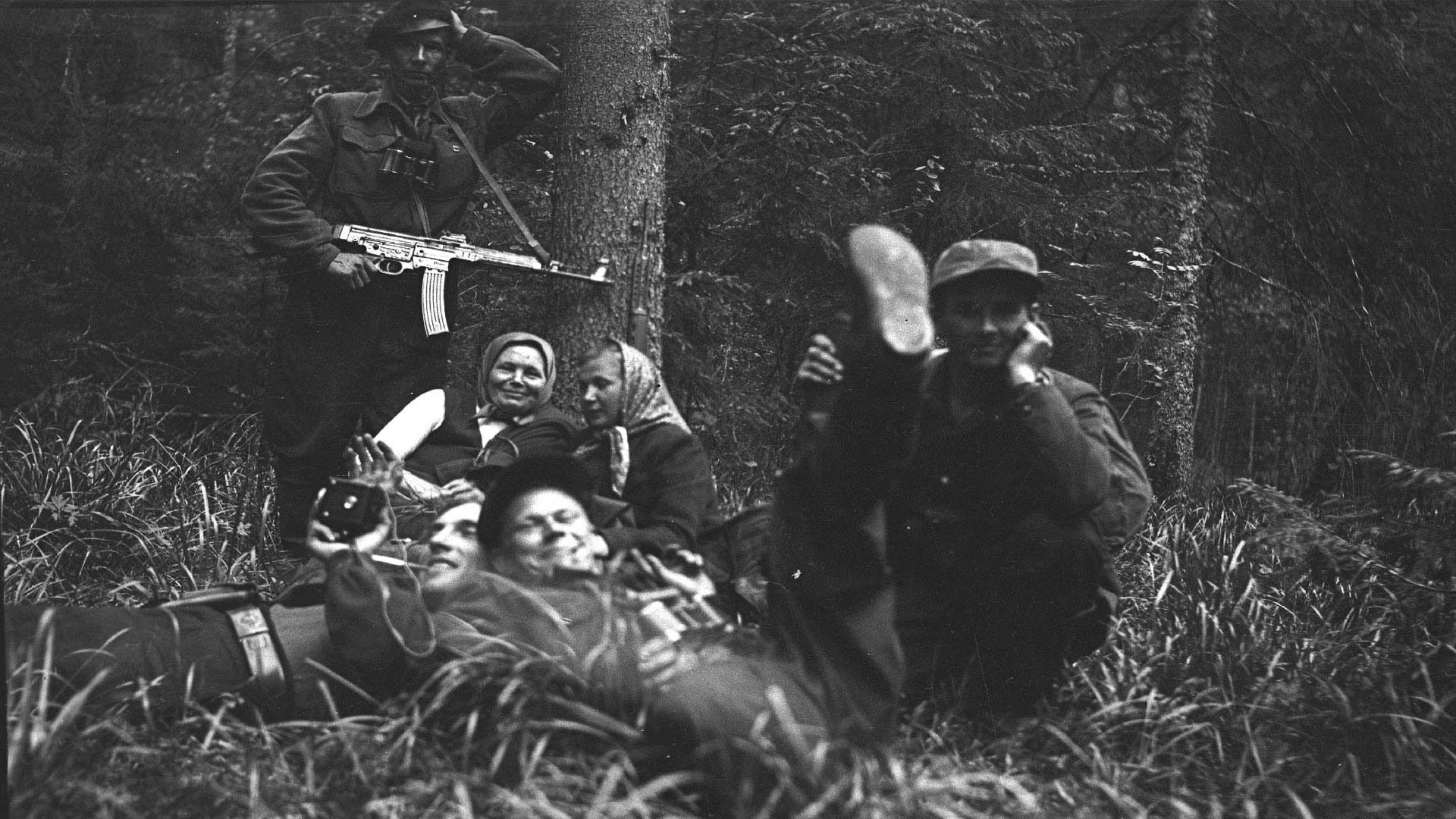One learned of the material and labour-based disputes with Baltic German barons; the simultaneous social developments and pressure to remove old traditions brought on by Swedish missionaries. Most unexpected was hearing about the means with which religious conversion was used by islanders to expunge the influence of outside forces. In 1886, hundreds of people from Vormsi converted to Russian Orthodoxy, which was then followed by the purchase of the island by the Czar, once again shifting who had power in the area.
It might seem that the experiences and shrewdness of Vormsi's residents were rather singular. However, as we see in Tøllefsen and White's latest research, 133 kilometres away on the island of Ruhnu, people were negotiating similar situations.
The Swedish speakers of Ruhnu are thought to have come to the island in the 1200s, and managed their own affairs with autonomy.
(Read more: Estonian Life No. 29 2021 paber- and PDF/digi)
Written by Vincent Teetsov, Toronto




